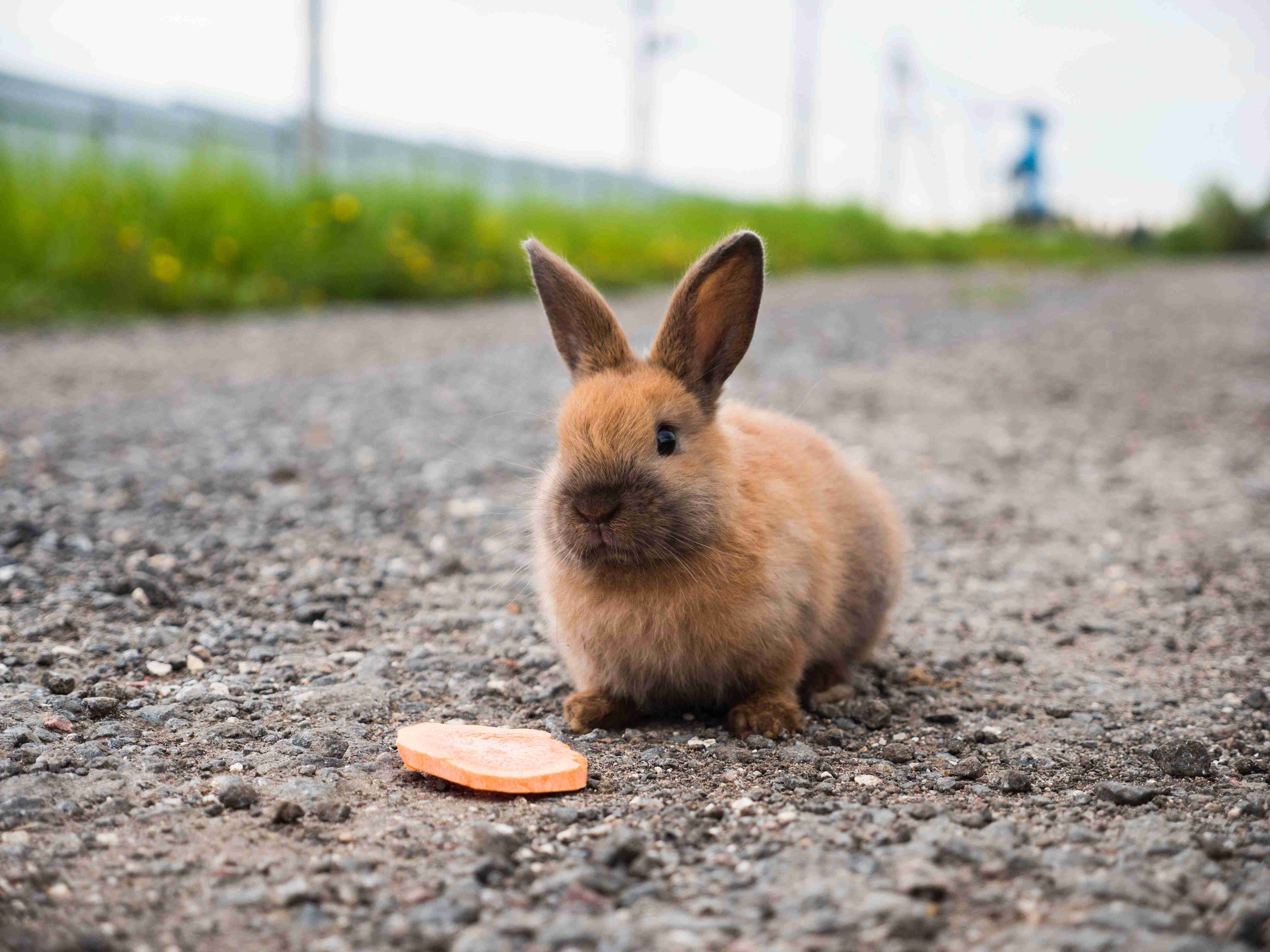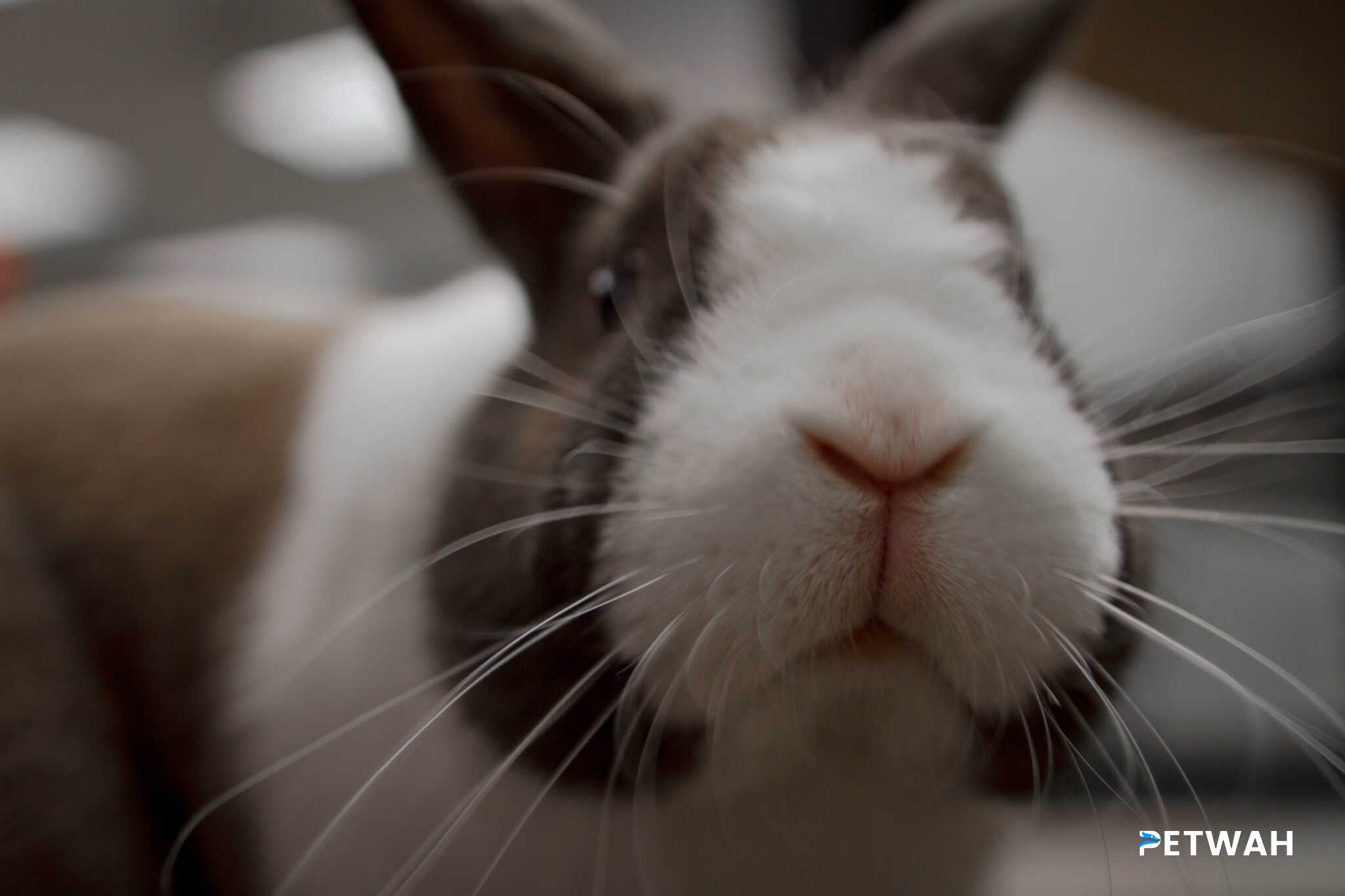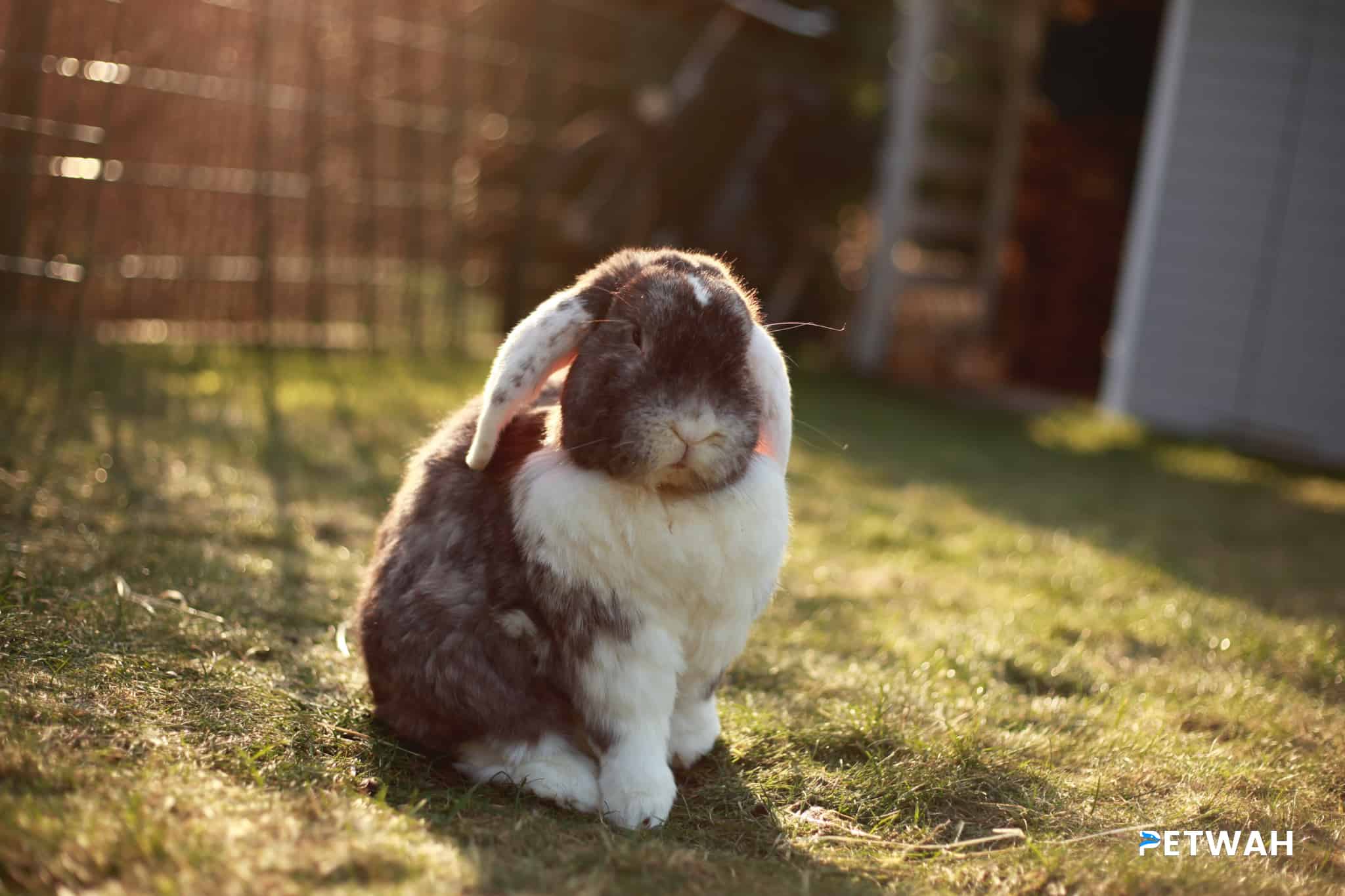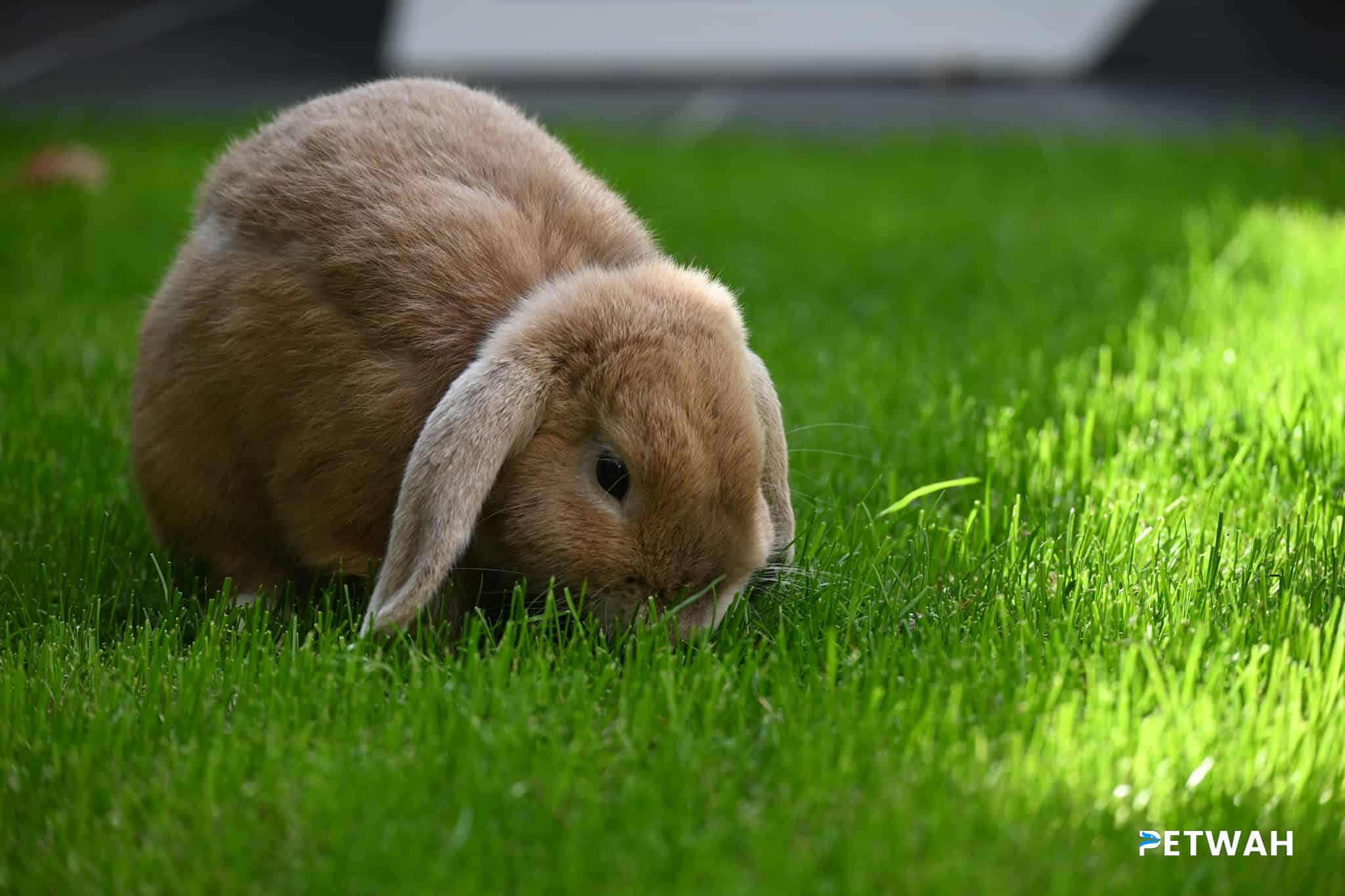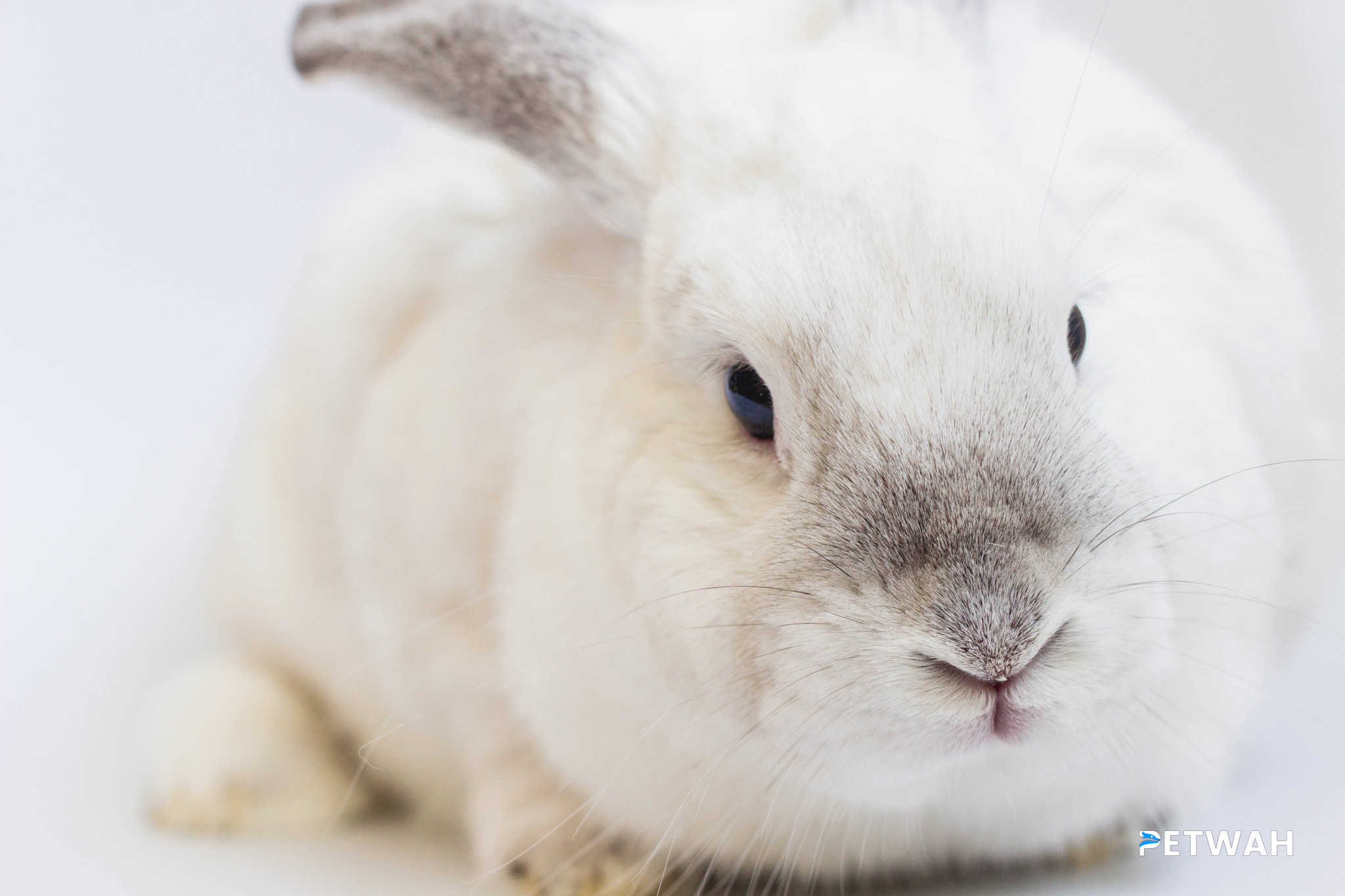If you’re a proud owner of a pet rabbit, you know how important it is to ensure that your furry friend is healthy and happy. One of the most crucial aspects of rabbit care is their diet. Rabbits are herbivores, and their diet plays a significant role in their overall well-being. Feeding your pet rabbit the right kind of food is essential to keep them healthy and happy. But with so many options available in the market, it can be challenging to figure out what kind of diet is best suited for your pet rabbit. In this ultimate guide, we will discuss the best-suited diet for your pet rabbit that will help them maintain optimal health.
Feeding your pet rabbit may seem like a simple task, but it’s important to ensure they are getting the proper nutrition for optimal health. In this ultimate guide, we’ll discuss the best-suited diet for your furry friend.
Hay is a staple in a rabbit’s diet and should make up the majority of their food intake. Timothy hay is the most recommended type as it is low in calcium and high in fiber. A good rule of thumb is to provide your rabbit with unlimited access to hay throughout the day.
Fresh vegetables and fruits should also be included in your rabbit’s diet, but it’s important to introduce new foods gradually to avoid digestive issues. Some recommended vegetables include leafy greens like kale, spinach, and romaine lettuce. Carrots, bell peppers, and celery are also great options. As for fruits, small amounts of apples, berries, and melons can be given as treats.
Pellets are another source of nutrition for your rabbit, but they should be given in moderation. Choose pellets that are high in fiber and low in protein and fat. A general guideline is to give 1/4 cup of pellets for every 5 pounds of body weight.
.jpg)
It’s important to avoid feeding your rabbit foods that are high in sugar, fat, and starch. This includes processed snacks, bread, pasta, and sugary treats. These foods can lead to obesity and other health issues.
In addition to a healthy diet, your rabbit should always have access to clean water. A water bottle is the best option as it prevents spills and contamination.
Lastly, it’s important to monitor your rabbit’s weight and adjust their diet accordingly. If your rabbit is overweight, reduce the amount of pellets and treats given and increase their hay and vegetable intake. If your rabbit is underweight, increase their pellet and vegetable intake.
Overall, a healthy and balanced diet is essential for the overall health and well-being of your pet rabbit. By providing them with unlimited access to hay, fresh vegetables and fruits, and high-quality pellets in moderation, you can ensure they are getting the proper nutrition they need.
In conclusion, feeding your pet rabbit with a balanced and healthy diet is crucial for their overall well-being. A diet rich in hay, fresh vegetables, and a measured amount of pellets can help your furry friend maintain a healthy weight, strong teeth, and a happy life. Remember to always consult with a veterinarian if you have any concerns about your rabbit’s diet, and to provide plenty of fresh water and exercise. By following the tips and guidelines outlined in this guide, you can ensure that your pet rabbit lives a long, healthy, and happy life.


.jpg)
.jpg)
